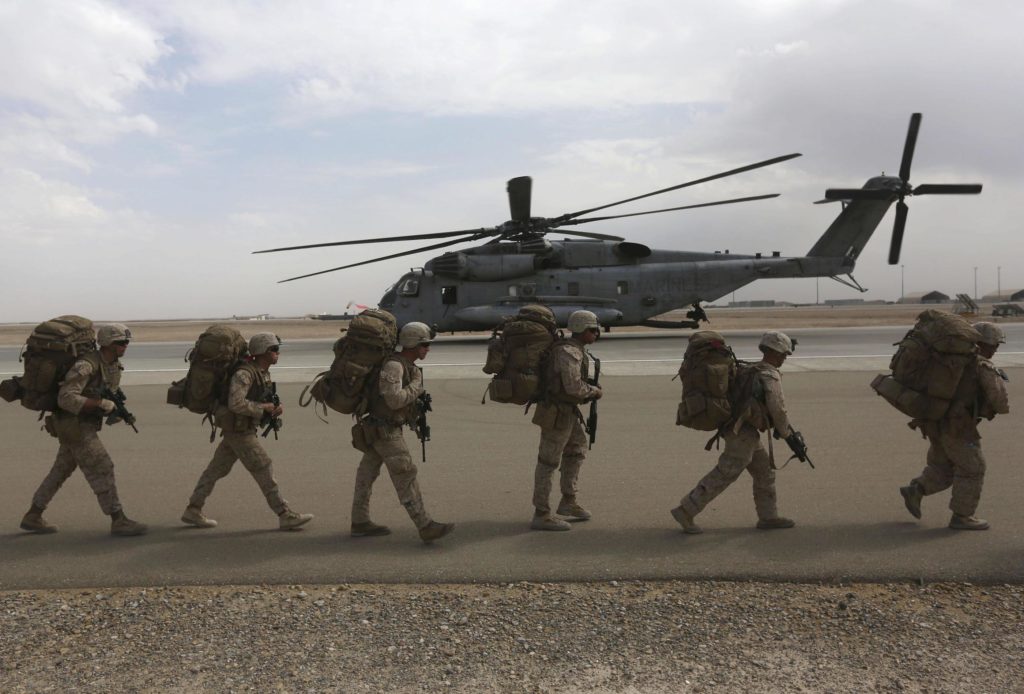Isiah James:
Well, history is replete with that phrase, help them help themselves. It never turns out the way that it sounds, right?
It’s when the pilgrims helped the indigenous people who lived there help themselves. It’s when missionaries went to countries in Africa to help those people help themselves. It never turns out the way that it sounds. It sounds very lofty, but it doesn’t really turn out that way.
My memories of Afghanistan, I have good memories, but, as you said at the beginning of the segment, my job was literally to be out in front of the main force, finding targets and executing on those targets when we got orders.
So, I don’t know if we helped them help themselves. But all I know, I’m a grunt. I’m a door kicker. I’m a — as my patrol sergeant would say, I’m a barrel-chested freedom fighter. So we didn’t make decisions at the operational or strategic level.
But I know, at the tactical level, on the ground, it didn’t look like that. All I know is that we were sent there to do a job. And 20 years on, is that job even done? Did we — like Mike said, did we even have a strategy? It was 20 different strategies.
Was this was this war ever worth it? You know, what I think about some of the memories from Afghanistan, a lot of them are haunting, a lot of them are bad. I’m still in therapy to this day because of that. I still — I’m still dealing with the PTSD. I’m still dealing with the night terrors and the traumas. And I’m 34 years old.
And I retired medically at 27 because I got hit by too many IEDs.













































